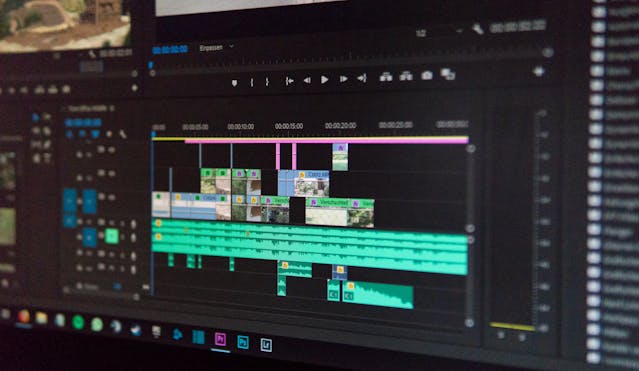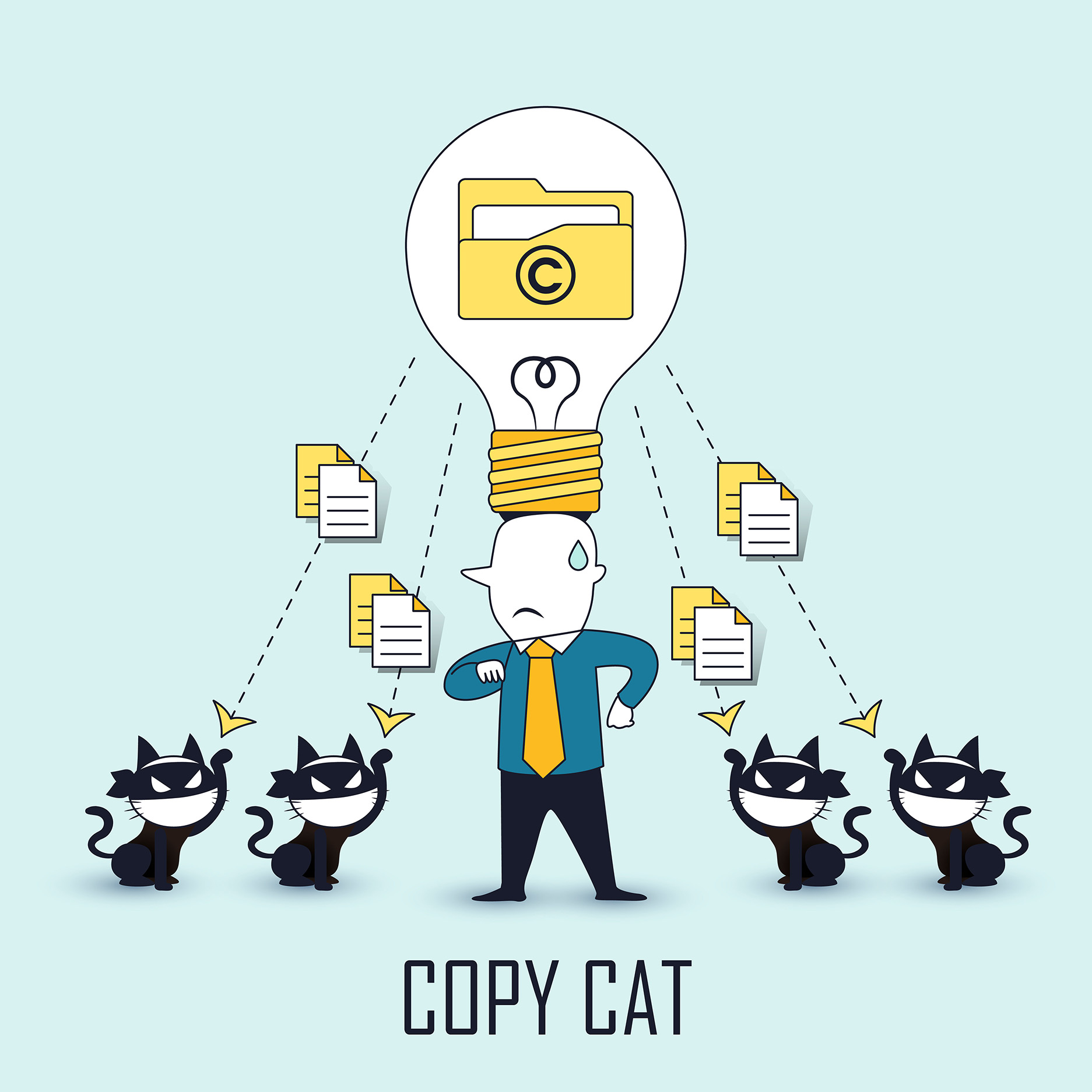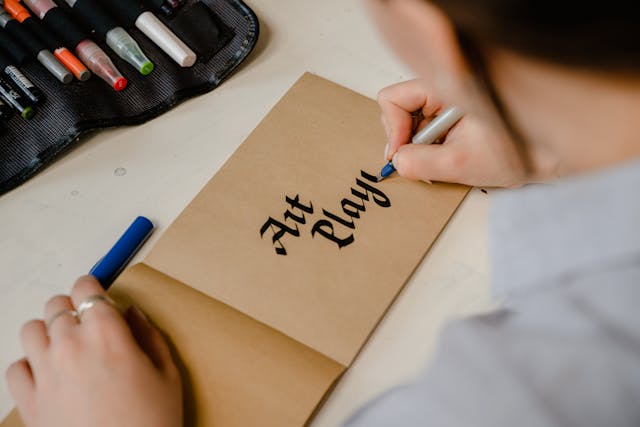Blog
Welcome to My Blog
Get insights, tips, and inspiration on web design, digital marketing, branding, and creative strategy. Whether you're a business owner or a fellow creative, you'll find practical advice and real-world experience shared from my journey in the digital space.

- Details
- Written by: admin
- Category: Blog
- Hits: 349
Your Trusted Web Designer in Davao City, Philippine
In today’s digital age, your website is often the first impression your business makes—and first impressions matter. If you're looking for a reliable, creative, and professional web designer in Davao City, Philippines, Mario Donquilab is here to bring your online vision to life.
Why Choose a Local Web Designer in Davao?
Working with a local web designer like Mario means faster communication, a better understanding of your market, and personalized service. Davao City is a growing hub for innovation and entrepreneurship, and having a website that stands out locally and globally is key to staying competitive.
Meet Mario Donquilab – Creative, Reliable, Results-Driven
Mario Donquilab is not just a web designer—he’s a full-service creative professional. With years of experience in web development, graphic design, video editing, and social media marketing, Mario builds websites that are more than just visually stunning—they’re functional, fast, and focused on results.
Services Offered
- Responsive Web Design
- E-commerce Development
- WordPress & Joomla Sites
- SEO-Ready Design
- Branding & Visual Design
Who This Is For
Entrepreneurs, small businesses, real estate agents, service providers, and anyone in Davao looking to elevate their brand online.
“Mario was professional, fast, and very easy to work with. Our new website brought in more leads within just weeks of launch!”
— Anna R., Davao-based business owner

- Details
- Written by: admin
- Category: Blog
- Hits: 398
Shortcuts for Faster Workflow
Discover essential video editing shortcuts that can save you hours and keep your creative flow smooth and productive.
1. Master Your Software’s Hotkeys
Whether you're using Adobe Premiere Pro, Final Cut Pro, or DaVinci Resolve, mastering the default keyboard shortcuts is the first step to editing like a pro.
2. Customize Your Shortcut Keys
Adjust shortcuts to match your editing habits. Assign frequently used actions like ripple delete, zoom in/out, or cut to easily reachable keys.
3. Use Timeline Navigation Shortcuts
Jump between edit points, go to the next clip, or move to the end of the sequence with navigation hotkeys — no more dragging your playhead manually.
4. Speed Up Cutting and Trimming
Use shortcuts like C for Razor Tool or Q/W for ripple trims to cut and refine clips without switching tools constantly.
5. Automate Repetitive Tasks
Use macros or sequence templates to automate repetitive steps — like creating lower-thirds, transitions, or sound levels. Saves tons of time!

- Details
- Written by: admin
- Category: Blog
- Hits: 449
Web Design Copycat: Why It Happens and How to Deal With It
In the fast-paced digital world, originality is a valuable asset—especially in web design, where visuals, layout, and user experience play a key role in brand identity. But what happens when someone copies your design? Unfortunately, "web design copycatting" is a real and recurring issue that many designers and businesses face.
This article explores what web design copycatting is, why it happens, the risks it carries (for both the copier and the original creator), and how to protect yourself.
What is Web Design Copycatting?
Web design copycatting refers to the unauthorized imitation or replication of a website's design, layout, content, branding elements, or overall look and feel. This may include:
- Layout structure
- Typography and color scheme
- Icons and images
- Animations and transitions
- Unique content and messaging
Why Do People Copy Web Designs?
- Lack of Skill or Experience: New developers may mimic successful sites to fill in skill gaps.
- Desire to Replicate Success: They believe copying a well-designed site will bring similar results.
- Shortcuts and Time-Saving: Copying a design speeds up development.
- Ignorance of Copyright and Ethics: Some aren’t aware of the legal or ethical boundaries.
Is Copycatting Illegal?
It depends. Elements like custom graphics, written content, and original layouts may be protected by copyright law. But general layout patterns—like headers or image grids—are considered functional and not copyrightable.
Risks of Copycatting for the Copier
- Legal Action: DMCA takedowns or lawsuits.
- Loss of Credibility: Damage to your brand reputation.
- Poor SEO Performance: Duplicate content may be penalized.
- Incompatibility: A copied design might not work well with a different audience or brand.
How to Protect Your Website from Copycats
- Copyright Your Work
- Use Watermarked or Licensed Assets
- Monitor Your Brand with Copyscape or Google Alerts
- Send a Cease-and-Desist professionally
- File a DMCA Complaint with search engines or hosts
How to Ethically Take Inspiration Instead
It’s okay to draw inspiration—just don’t duplicate. Try these:
- Combine ideas from multiple websites
- Tailor trends to your brand’s voice and audience
- Add original content, graphics, or features
- Credit creators when necessary
Conclusion
Web design copycatting is not just unethical—it can lead to legal, reputational, and technical problems. While it’s tempting to mimic successful websites, true value lies in creating original, functional, and user-focused designs. Respecting the creative work of others while finding your own voice is key to long-term success in the digital world.

- Details
- Written by: admin
- Category: Blog
- Hits: 381
Mastering Typography: Do’s and Don’ts for Better Readability
Typography is more than just choosing a font. It's a critical design element that affects how users interact with and absorb your content. Whether you're designing a website, creating a brochure, or publishing a blog post, mastering typography ensures your message is clear, accessible, and aesthetically pleasing. Here's a practical guide to the do’s and don’ts of typography to help you achieve better readability and user experience.
- Prioritize legibility with clean fonts like Roboto or Helvetica.
- Use visual hierarchy through font size and weight.
- Maintain high contrast between text and background.
- Limit your design to 2–3 fonts for consistency.
- Optimize line spacing and line length for better flow.
- Don’t mix too many font styles in one design.
- Don’t overuse ALL CAPS for body text.
- Don’t ignore mobile readability and scaling.
- Don’t stretch or squash fonts unnaturally.
- Don’t rely only on decorative fonts for content.
Final Thoughts
Typography is a silent ambassador of your design. By following these simple do’s and don’ts, you can elevate your visuals, communicate your message more effectively, and provide users with a better reading experience.
